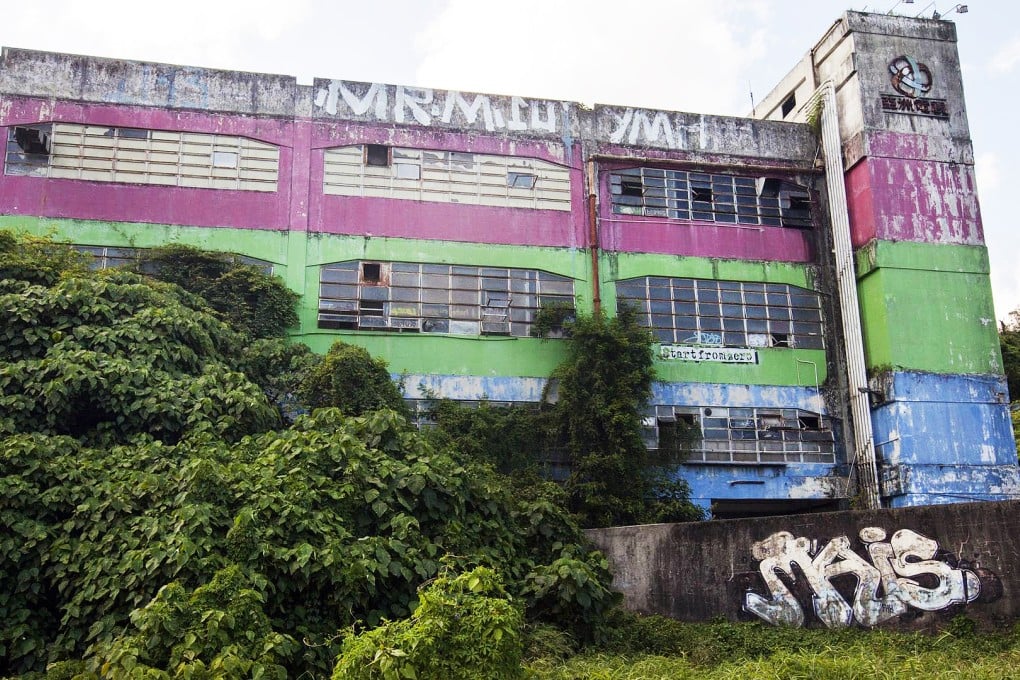Industrial lofts could ease Hong Kong's housing shortage
Franklin Koo urges the government to consider opening up the city's disused warehouses and factories for residential use, a strategy that has been shown to work elsewhere

While debate goes on over whether Hong Kong should sacrifice some of its green spaces for more affordable housing, property prices have continued to soar, driving more people to turn to cheaper commercial and industrial property. However, there is a catch. Many of these loft dwellers live illegally because zoning laws prohibit the conversion of commercial or industrial buildings into residential space.
With the housing shortage showing no sign of easing, is it now time to consider regulating and opening up Hong Kong's commercial and industrial spaces to residents?
The relocation of Hong Kong industries to mainland China has resulted in vacancies in large warehouses in areas such as Chai Wan, Wong Chuk Hang and Fo Tan. With a gradual decline in heavy industries that produce foul smells and loud noises, people have started residing in these buildings, which typically offer more space than the average flat, yet are cheaper.
Hong Kong could try to prevent such illegal conversions by strictly enforcing the zoning law, but such enforcement may be futile, as legal grey areas make it possible to get around the restrictions. For instance, a company can be formed to buy and hold an industrial property. This company can then hire a "24-hour security guard" to be a resident on the property to "protect assets stored on the site", making it arguable that a living area for the purpose of protecting the business is required.
The Lands Department is understaffed, so enforcement is rare and difficult. Officials will usually only act on complaints filed by a neighbour. Even if caught, the requirement is to convert the property back to the original intended use. The typical penalty would not involve criminal prosecution. As a result, many people have taken the gamble to live illegally.
Given the ineffective measures to prevent mixed-used land, is there still a reason to maintain the status quo or should we follow the idiom, "If you can't beat them, join them?"
